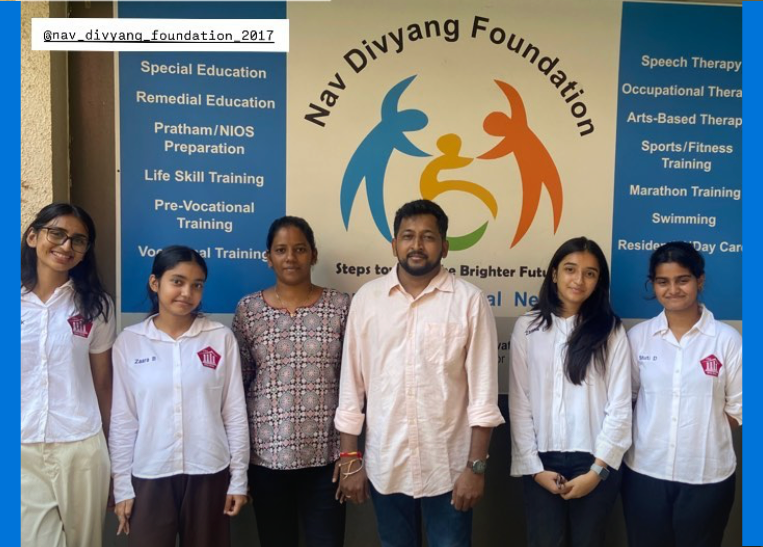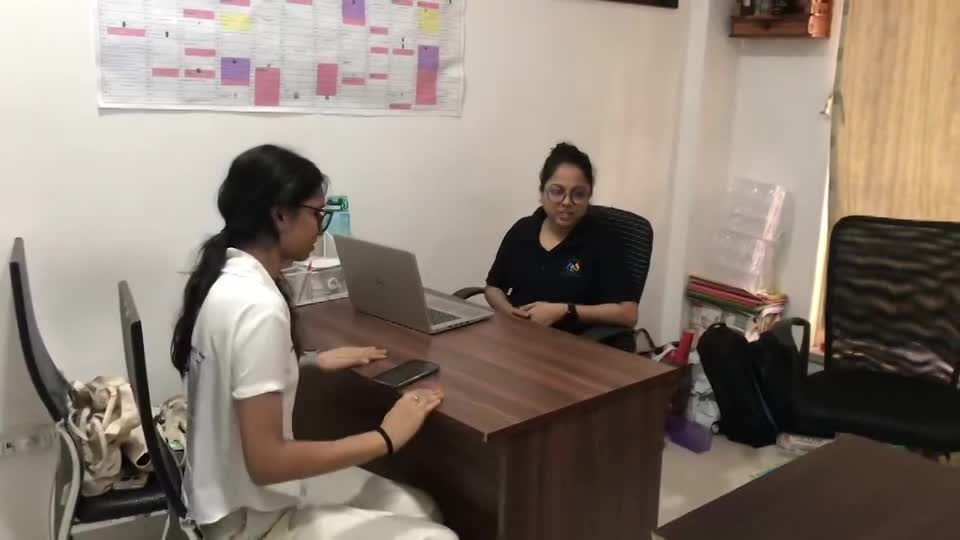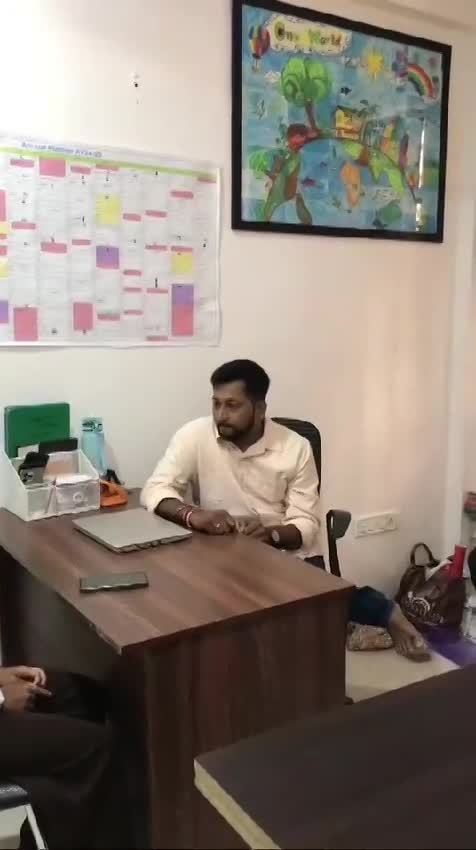Interview With The Nav Divyang Foundation Team- Mr. Gopal Bhagwat And Ms. Tina Chache

Education is a fundamental right that every child should have access to, yet many marginalized communities are restricted from receiving secondary education. This is due to various barriers that prevent students from attending or completing their schooling. Understanding these obstacles is key to empowering these communities and providing them with the tools to succeed. Therefore, the EduAllReach Team interviewed Gopal Bhagwat, the founder and Teena Chache, a staff member of the ‘Nav Divyang Foundation’.
We have gained an entirely new perspective on the issue, along with multiple insights through the knowledge of their experiences in this line of work. In marginalized communities, differently abled children are often viewed as incapable of learning, leading to their exclusion. The attitudes of peers, educators, and even families can further isolate these students, making secondary education an unattainable dream. Hence, it is essential for society to be more aware and accepting of special children. The ‘Nav Divyang Foundation’ aims to empower underprivileged children with disabilities and provide them with the opportunity to integrate into society. They currently teach 134 children across 3 sections of their foundations. Mostly attending to children suffering from ADHD and autism, they claim that “the main issue they face is a lack of socialization.” They overcome these problems by promoting equality in the diversity among the children and take the time to tend to each child’s struggles in methods modified to suit the child.
Ultimately, we were permitted to apprehend their opinions, as special educators, on our issue, the restrictions on secondary education, and whether or not they believe in receiving a secondary education to be a necessity. Both, Mr. Bhagwat and Ms. Chhache are of the belief that receiving a secondary education solely depends on the goals of the child. They believe in the child’s freedom of choice pertaining to their career path in life, and that it is completely okay to not receive a secondary education if it is not in the best interest of the child and thus, the foundation focuses more on providing the students with vocational skills to better their future occupational opportunities.
-Aashna Kulmethe

